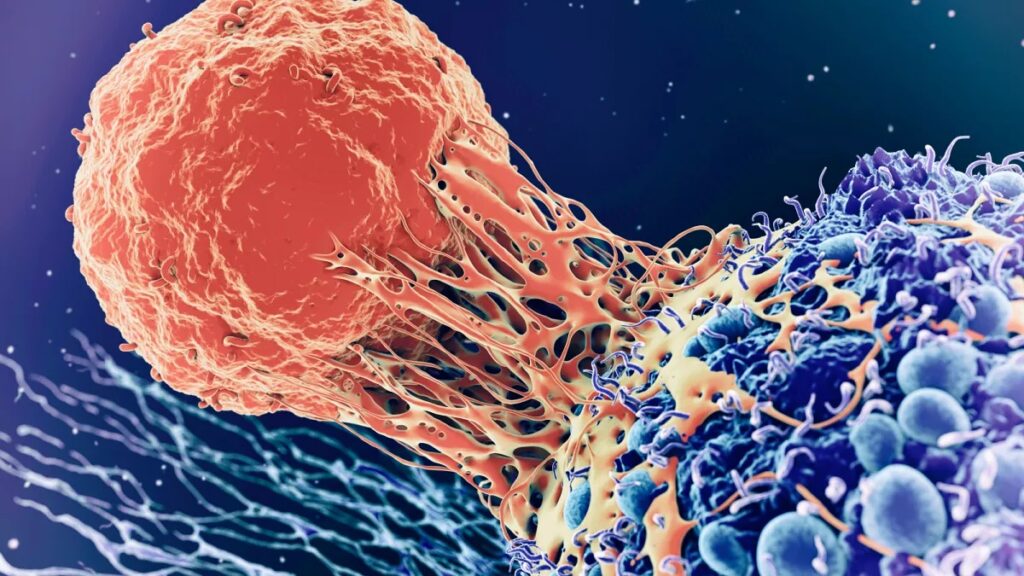- Web
- Feb 15, 2026
Cancer rates rising in younger generations
-

- Web Desk
- Aug 03, 2024

WEB DESK: A recent study led by the American Cancer Society (ACS) revealed troubling trends in cancer rates among younger generations.
According to the study, cancer incidence rates have continued to rise in successive generations for 17 of 34 cancer types, including breast, pancreatic, and gastric cancers.
Read more: Can going vegan reverse aging? Study says yes!
Mortality rates for cancers such as liver (in females), uterine corpus, gallbladder, testicular, and colorectal cancers have also increased alongside these incidence rates.
Dr Hyuna Sung, the study’s lead author and a senior principal scientist at ACS, said that the study expands on previous findings related to early-onset colorectal cancer and obesity-associated cancers.
“Our research shows that increased cancer risk is not limited to a few cancers but affects a broader range of types. We see a consistent rise in cancer rates across different cancers among younger generations, but we still need to understand the reasons behind these trends,” Dr Sung said.
The researchers analysed data from over 23 million patients diagnosed with 34 types of cancer and 7.3 million deaths for 25 cancer types between January 1, 2000, and December 31, 2019. The data was sourced from the North American Association of Central Cancer Registries and the US National Center for Health Statistics.
By comparing cancer rates across different birth cohorts, the study found that incidence rates have been rising in people born since approximately 1920.
The study identified a significant increase in cancer rates for various cancers in the 1990 birth group compared to earlier generations. For example, pancreatic, kidney, and small intestinal cancers were two to three times more common in the 1990 generation than in the 1955 cohort. Similarly, breast cancer, uterine corpus cancer, and colorectal cancer have seen increased rates in younger generations.
Dr Ahmedin Jemal, senior vice president at ACS, stated that these trends point to a potential future increase in overall cancer burden if current patterns persist. “If we do not address these rising rates with effective interventions, we may face a greater cancer burden in the future, reversing years of progress in cancer control,” Jemal said.
Read more: Study finds tropical Andes glaciers at record low
Lisa Lacasse, president of the American Cancer Society Cancer Action Network, talked about the importance of access to health insurance in managing cancer outcomes. “The increase in cancer rates among younger generations underscores the need for affordable, comprehensive health insurance for all ages. ACS CAN will continue to advocate for expanded Medicaid and enhanced Affordable Care Act tax subsidies to improve access to care.”




